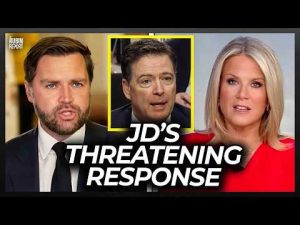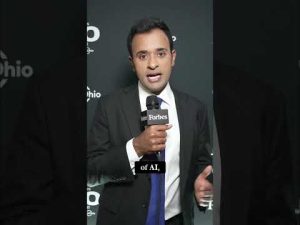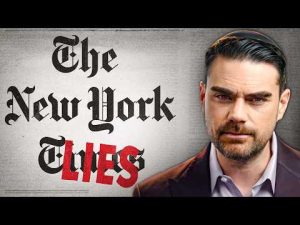**The Great Dispute Over Free Speech: Jimmy Kimmel and the Culture Clash**
In a world where opinions clash like titans in a arena, one recent debate has captured the attention of many—especially those with a flare for politics. The conversation centered around the ever-charming late-night host, Jimmy Kimmel, who found himself in hot water after some controversial comments. It seems that even in comedy, the topic of freedom of speech and the specter of cancel culture can spark a lively tussle among pundits. The debate was more than just about a late-night show being put on pause; it was a bout reflecting the larger cultural conflicts in today’s America.
Participants in this debate have been drawing lines in the sand, claiming that the current administration has engaged in “lawfare” and used ideological purity tests to impose a strict narrative on society. Just a reminder to our readers: that’s not your grandma’s tea party we’re discussing here! One notable point of contention involved assertions that Kimmel’s show was canceled due to supposed pressure from the Federal Communications Commission (FCC). A token liberal in the debate insisted this was true, while others jumped into the fray to debunk that notion quicker than a cat dodging a bath.
Imagine this: a popular late-night host facing backlash for sensational statements—some say outright falsehoods—about sensitive topics like violence and politics. In this case, Kimmel was accused of spreading misinformation regarding a tragic incident. It’s a slippery slope, and both sides have dug in their heels. On one hand, there are the voices clamoring for accountability in broadcasting, while the opposing camp caves into the idea that silencing voices—no matter how wacky—opens a Pandora’s box of troubles. After all, it’s hard to say what constitutes a lie when the lines between fact and fiction can sometimes feel as blurry as grandma’s reading glasses.
But wait—there’s more! The conversation soon turned to the powers of government and the responsibility that comes with public broadcasting. One side argued that the FCC has the right—nay, the duty—to regulate what goes on airwaves, especially when things begin to spiral into sensationalism. Others, however, posited that how can the government distinguish between fact and fiction, and does there not exist a slippery slope here? If someone decides to take on the role of the “truth police,” where does that leave our cherished First Amendment rights?
With the topic of cancel culture mingling with a discussion of accountability and the freedom of speech—it spiraled into a dizzying debate. The cool-headed participants argued that dismissing or banning people from airwaves for their comments will not only stifle conversation but could have severe repercussions on society. If the truth can be silenced, what remains of our beloved democracy? On the flip side, those in favor of greater responsibility insisted that if public figures use their platforms irresponsibly, they could jeopardize public discourse entirely.
As the arguments flew like confetti at a parade, one thing became clear: this debate was emblematic of a broader struggle in American society. It’s the age-old conflict between what one perceives as free speech versus the potential for misinformation. Are we to create a society where only specific truths are acceptable? Or should we trust the wisdom of the populace to discern fact from fiction? Like a stubborn mule in a conversation, both points hold weight, leaving many to ponder which side of the argument resonates with their values.
So here we are, knee-deep in a cultural clash that continues to evoke strong, passionate responses—and it’s hard to say whether there’s a clear victor. Perhaps the greatest takeaway is that these discussions are necessary for a healthy democracy, encouraging individuals to re-evaluate their beliefs and engage in respectful debate. In a world as divided as a pizza, everyone seems to want their slice of the pie—but it’s imperative to know when to sprinkle some compassion and humor along with those toppings!







